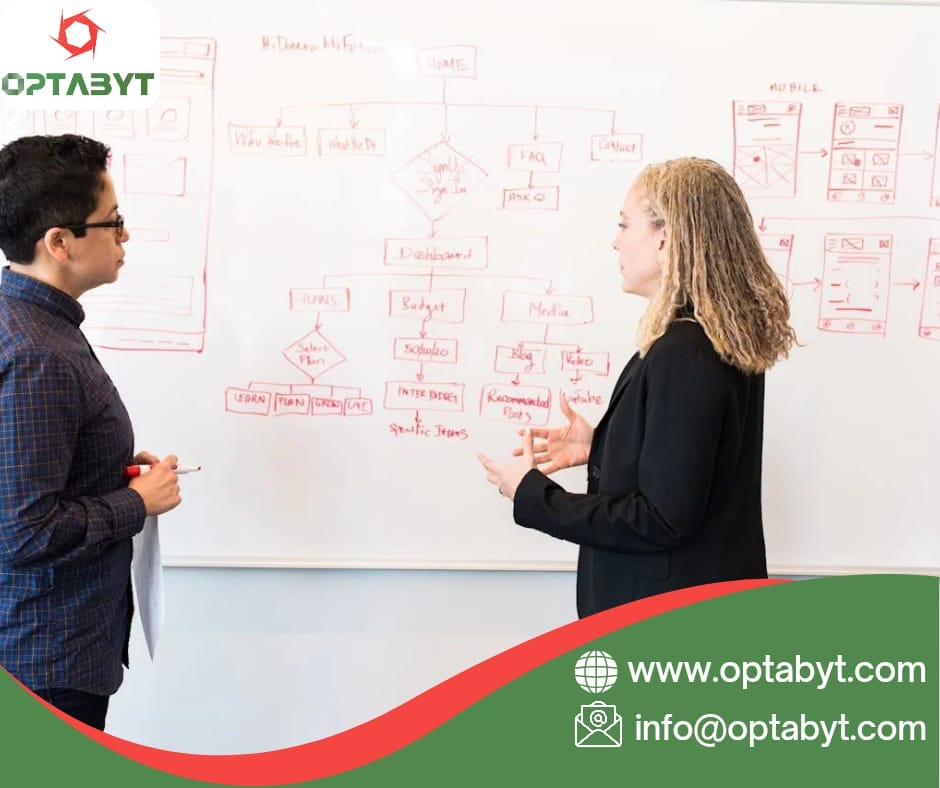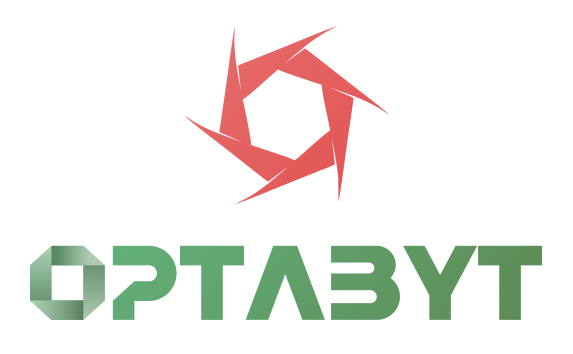
Table of Contents
ToggleBackend Development Norway – Build Secure, Scalable Web Architecture Tailored
Table of Contents
Introduction
Every powerful digital solution starts with a strong foundation—the backend. While users interact with the frontend, it’s the backend that processes data, manages integrations, and ensures performance and security behind the scenes. In Norway, where digital expectations are high and compliance with GDPR is non-negotiable, backend development plays a critical role in building scalable and secure systems for modern businesses.
Whether you’re running an e-commerce site, SaaS platform, government portal, or healthcare system, backend development is what makes it all work.
This article explores what backend development involves, why it’s vital for Norwegian companies, the key technologies used, and how to build a backend system designed for performance and longevity.
What is Backend Development?
Backend development refers to everything that happens on the server side of a website or app. It’s responsible for:
Handling databases
Running application logic
Setting up server configurations
Building and connecting APIs
Managing user authentication
Securing and processing data
Without a functioning backend, a website is just a static page—no interaction, no personalization, no real value.
Why Backend Development Matters in Norway
1. Security & Compliance
In Norway, GDPR and data privacy are critical. The backend is where data is stored and processed. It must be encrypted, secured, and built with user consent handling and audit logs in mind.
2. Scalability
Whether you’re handling 100 or 100,000 users, your backend must scale without crashing. This is essential during traffic spikes—like Black Friday or tax season.
3. Custom Business Logic
From booking systems to custom payment engines, backend development allows for building features unique to your business—not just using off-the-shelf tools.
4. Third-Party Integrations
The backend handles integrations with CRMs, ERPs, payment gateways, logistics providers, and more—essential for automation and efficiency.
5. Efficient Data Management
A well-structured backend ensures clean, secure, and fast access to data—powering user dashboards, analytics, content, and more.
Key Components of Backend Development
1. Server and Hosting Setup
Backend developers configure and maintain the hosting infrastructure:
SSL certificates & HTTPS
Load balancing
Cloud hosting (AWS, Azure, Google Cloud)
Server-side caching
2. Database Management
Common databases used in Norway include:
MySQL – Reliable and open-source
PostgreSQL – Advanced querying and scalability
MongoDB – Flexible NoSQL option
Redis – For fast, in-memory data operations
3. Application Logic
Custom workflows and systems like:
Booking and billing systems
Subscription handling
Role-based user access
Inventory and logistics logic
4. API Development
APIs are the bridge between your backend and:
Frontend interfaces
Mobile apps
Third-party services
Types of APIs:
REST – Standard format
GraphQL – Efficient, flexible querying
gRPC – For high-performance real-time apps
5. Authentication & Authorization
Secure login and user access systems:
Password hashing
Role-based access control
BankID integration
Two-Factor Authentication (2FA)
6. Data Protection & GDPR Compliance
Includes:
Encryption
Data logging
Consent tracking
Secure form submissions
Cookie consent mechanisms
Popular Backend Technologies in Norway
Laravel (PHP): Elegant, secure, and ideal for scalable apps
Node.js (JavaScript): Great for real-time applications and APIs
Django (Python): Secure, fast, and widely used in public sector apps
.NET Core (C#): Powerful enterprise-grade platform
Spring Boot (Java): Robust backend architecture for large-scale systems
Common Backend Integrations in Norway
Payment Gateways
Vipps
Klarna
Stripe
Nets Easy
PayPal
Shipping APIs
Bring
PostNord
DHL
Porterbuddy
Accounting & ERP
Visma
Tripletex
PowerOffice
24SevenOffice
CRM & Marketing
HubSpot
Salesforce
Mailchimp
ActiveCampaign
Identity & Government Services
BankID
Altinn
Brønnøysundregistrene
Backend Development Services We Offer in Norway
Custom Backend Development
API Design and Integration
Backend for Mobile Apps
Headless CMS & BFF (Backend for Frontend)
Admin Dashboard Development
E-commerce Backend Development
Real-Time App Development
Security & GDPR Implementation
Backend Refactoring & Optimization
Our Backend Development Process
1. Discovery & Architecture Planning
We define your system’s needs, data flows, and tech stack.
2. Environment Setup
Servers, Git repositories, and initial configuration.
3. Development Phase
We build your logic using clean code patterns like MVC or microservices.
4. API & Third-Party Integration
Connect external platforms and services smoothly.
5. Testing
Includes:
Unit testing
Load testing
Security audits
Database migration testing
6. Deployment
CI/CD pipelines for secure, efficient releases on cloud infrastructure.
7. Ongoing Maintenance
We monitor, update, and scale your backend as your business grows.
Backend Development Costs in Norway
| Project Type | Estimated Cost (NOK) | Timeline |
|---|---|---|
| Basic CMS Backend | 40,000 – 70,000 | 2 – 4 weeks |
| Custom Logic & API Backend | 80,000 – 150,000 | 4 – 6 weeks |
| E-commerce Backend | 100,000 – 200,000+ | 5 – 8 weeks |
| Enterprise Backend System | 200,000 – 500,000+ | 8 – 12+ weeks |
FAQs About Backend Development in Norway
1. What does backend development include?
It involves building the server-side systems that power databases, APIs, user authentication, and logic for websites and apps.
2. Which technologies do you use?
Laravel, Node.js, Django, .NET Core, Spring Boot, and others depending on the project.
3. Do I need backend development for WordPress or Shopify?
Yes—if you want custom features, integrations, or improved performance.
4. How do you secure backend systems?
We use best practices like encrypted data storage, secure login systems, access control, and GDPR compliance.
5. Can you develop APIs for mobile apps?
Absolutely. We build REST and GraphQL APIs for all types of applications.
6. Can you integrate with my existing frontend?
Yes, we can build a backend that connects seamlessly to your current frontend or app.
7. Do you support cloud hosting?
Yes, we work with AWS, Azure, Google Cloud, and other providers for deployment and scaling.
8. Can you integrate local services like Vipps or Altinn?
Yes, we specialize in secure integrations with Norwegian platforms.
9. Do you offer backend maintenance?
Yes, including monitoring, updates, bug fixes, and performance tuning.
10. Is your backend scalable as my business grows?
Definitely. We build systems with future scalability and flexibility in mind.
Conclusion
In Norway’s digital-first economy, a strong backend is critical to building secure, reliable, and scalable web platforms. Whether you’re a startup, government agency, or enterprise, backend development ensures your system performs under pressure and remains secure and compliant.
From robust APIs to GDPR-ready data storage and seamless third-party integrations, our backend development services empower your business to grow confidently and securely.
Ready to build a powerful backend for your platform? Let’s create a future-proof digital engine—right here in Norway.
